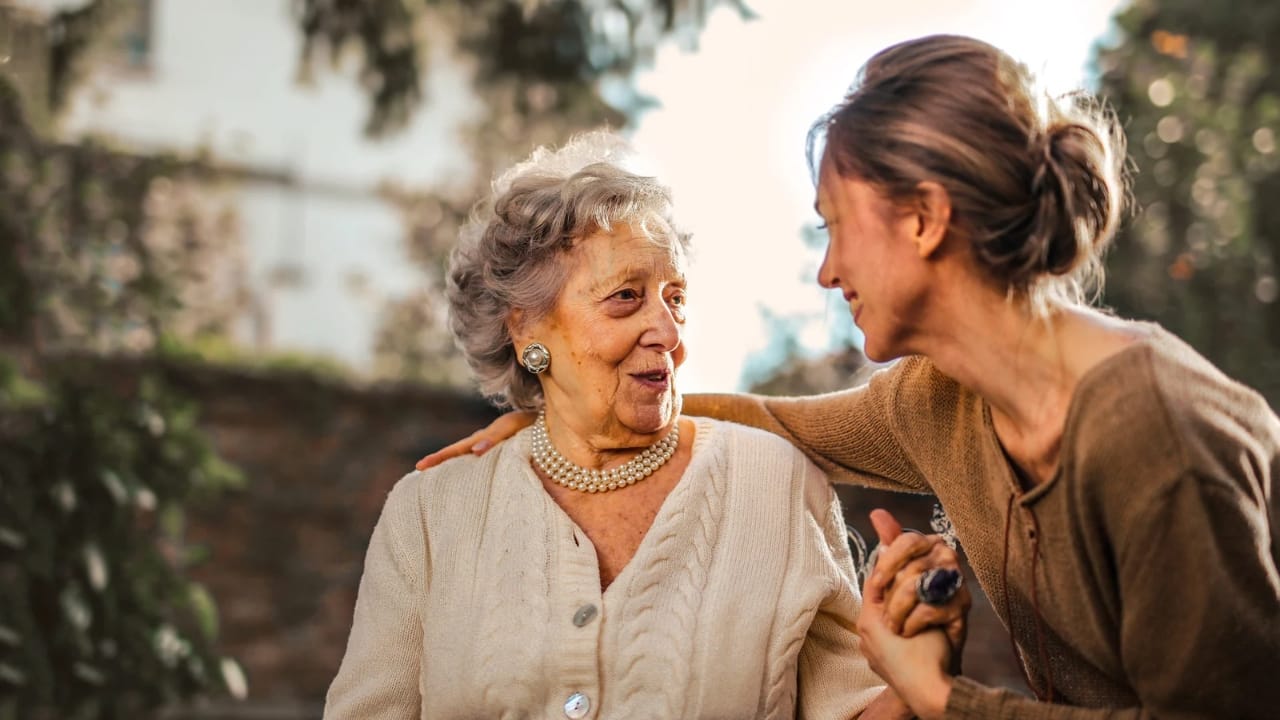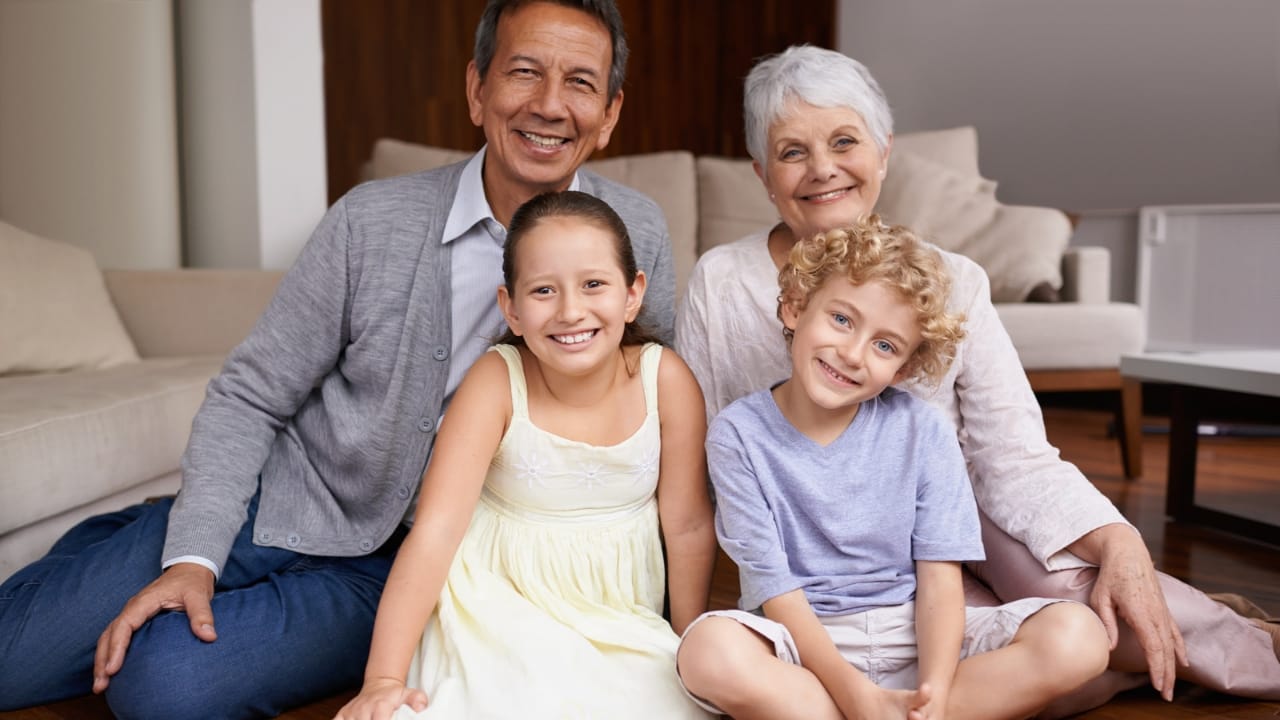Come 2030, about one in six people will have hit the 60+ threshold. That means an increase from 1 billion people in 2020 to about 1.4 billion. That number will rise to a whopping 2.1 billion as per the World Health Organization (WHO) data. At the same time, the number of those aged 80+ will triple and reach 426 million.
These aren’t just numbers. They are a window into a future where our elderly population will become a more significant part of our lives than ever before. Our global elder community isn’t shrinking – it’s absolutely booming.
So, how do we ensure the fast-growing gray-haired generation gets all the nurturing and medical support they need? Open communication within families. When loved ones stay engaged, patients thrive.
Wondering how you can achieve that? Read on.
Emotional Support and Mental Health
Imagine this: Grandma or Grandpa feeling a bit lonely or down. It happens, right?
But then, they have this great chat with their son, daughter, or grandkid. They share stories, laugh, and maybe even shed a tear or two. This kind of interaction? It’s golden. It lifts their spirits and makes them feel loved and connected.
When they feel emotionally supported, they’re more likely to open up about what’s really going on in their heads. This is crucial because mental health issues can be pretty common in the elderly, but they often go unnoticed.
Regular, heart-to-heart conversations can help spot these issues early on.

Decision-Making And Autonomy
It’s incredibly important to remember that our elderly loved ones still have their own voices and preferences, even as they age. Good family communication is key to respecting their autonomy.
It’s not just about what’s medically or practically sound but also about what they want and feel. Decision-making can also factor in big-time when it comes to talking about aged care.
You may do your best, but it often gets to a point where your best isn’t enough. That’s when you should have that difficult conversation. Let them hear your end, and you listen to theirs too. That’s what respecting autonomy is all about.
Medication Management and Treatment Adherence
Picture this: your elderly relative has a bunch of pills to take. It’s easy to get mixed up, right? What if they forget to take their medicine or take the wrong dose? That’s where good communication steps in.
Families that talk effectively can help a lot here. But it’s not just about giving instructions. It’s also about listening. Maybe they have concerns about side effects, or they’re just not sure why they need a certain medication.
That’s the time to sit down, have a chat, and clear things up. When they really understand their treatment, they’re more likely to stick to it. When they know their family is there, ready to help, it gives them that extra bit of confidence to manage their health.
Early Detection Of Health Issues
Think of it this way: the more we talk and interact with our elderly family members, the better we understand their normal behavior and routines. This close communication can be a game-changer in spotting health issues early.
Say, for example, Uncle Joe’s usually chatty and loves his afternoon walks. If he suddenly becomes withdrawn or skips his walks, a family member who’s in regular touch with him might pick up on these changes.
This early detection can lead to quicker medical attention, which can be crucial.
Stress And Caregiver Burnout
Caring for an elderly relative is often a 24/7 job that’s emotionally and physically draining. But when the family communicates openly and supports each other, it’s like sharing the load.
It’s not just about dividing tasks. It’s also about having someone to talk to, to vent, to share concerns. This kind of support system can significantly reduce the stress and risk of burnout.
Quality Of Life And Care
Good communication can do wonders here. It’s not just about medical care; it’s about understanding what makes Grandma or Grandpa happy and comfortable.
Maybe Grandpa loves having his morning coffee by the window, or Grandma enjoys listening to a specific radio show. When the family communicates and understands these little preferences, they can tailor care in a way that brings joy and comfort.
It’s all about enhancing not just the length but the quality of their lives. Plus, when they feel heard and cared for in this personalized way, their overall satisfaction with their care skyrockets.

Key Takeaway
Well, there you have it – top tips for championing healthy communication with your golden oldie loved ones. When all is said and done, honest and frequent communication allows you to care for elderly family members on the deepest level.
So, take time nurturing relationships with the sage silver foxes in your family. You’ll likely end up making their sunset days count.

Hi, I’m the Founder and Developer of Paramedics World, a blog truly devoted to Paramedics. I am a Medical Lab Tech, a Web Developer and Bibliophiliac. My greatest hobby is to teach and motivate other peoples to do whatever they wanna do in life.